
Merrily We Live is a 1938 American comedy film directed by Norman Z. McLeod and written by Eddie Moran and Jack Jevne. It stars Constance Bennett and Brian Aherne and features Ann Dvorak, Bonita Granville, Billie Burke, Tom Brown, Alan Mowbray, Clarence Kolb, and Patsy Kelly. The film was produced by Hal Roach for Hal Roach Studios, and was distributed by Metro-Goldwyn-Mayer.

Margaret De Wolfe Wycherly was an English stage and film actress. She spent many years in the United States and is best remembered for her Broadway roles and Hollywood character parts. On screen she played mother to Gary Cooper and James Cagney.
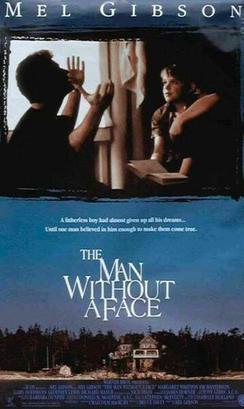
The Man Without a Face is a 1993 American drama film starring and directed by Mel Gibson, in his feature film directorial debut. The film is based on Isabelle Holland's 1972 novel of the same name. Gibson's direction received positive reviews from most critics.

Marjorie Rhodes was a British actress. She was born Millicent Wise in Hull, East Riding of Yorkshire.

William K. Howard was an American film director, writer, and producer. Considered one of Hollywood's leading directors at one point, he directed over 50 films from 1921 to 1946, including The Thundering Herd (1925), The Power and the Glory (1933), Fire Over England (1937), and Johnny Come Lately (1943).

Marjorie Augusta Gateson was an American stage and film actress.

Just the Ticket is a 1998 American drama film directed by Richard Wenk. It stars Andy García and Andie MacDowell. Garcia was also the producer. The film was originally titled A Piece of Cake.

John Archer was an American actor.
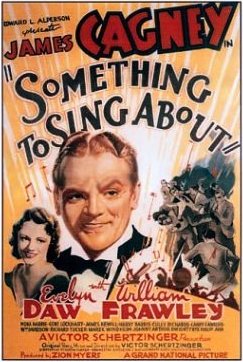
Something to Sing About (1937), re-released in 1947 as Battling Hoofer, is the second and final film James Cagney made for Grand National Pictures – the first being Great Guy – before mending relations with and returning to Warner Bros. It is one of the few films besides Footlight Parade and Yankee Doodle Dandy to showcase Cagney's singing and dancing talents. It was directed by Victor Schertzinger, who also wrote the music and lyrics of the original songs, as well as the story that Austin Parker's screenplay is based on. Cagney's co-stars are Evelyn Daw and William Frawley, and the film features performances by Gene Lockhart and Mona Barrie.

William Edward "Bud" Jamison was an American film actor. He appeared in 450 films between 1915 and 1944, notably appearing in many shorts with The Three Stooges as a foil.
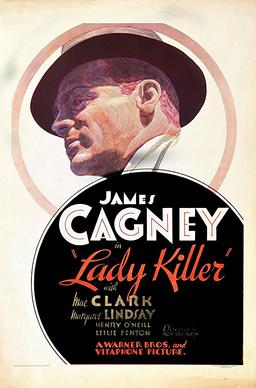
Lady Killer is a 1933 American pre-Code crime drama film starring James Cagney, Mae Clarke, and Margaret Lindsay, based on the story "The Finger Man" by Rosalind Keating Shaffer. The picture was directed by Roy Del Ruth.
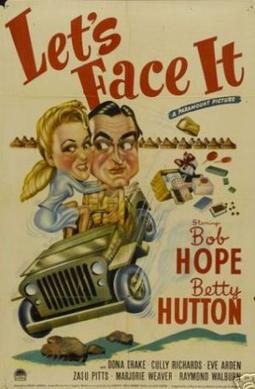
Let's Face It is a 1943 American musical film directed by Sidney Lanfield and written by Harry Tugend, adapted from the musical of the same name. The film stars Bob Hope, Betty Hutton, ZaSu Pitts, Phyllis Povah, Dave Willock, Eve Arden, and Cully Richards. The film was released on August 5, 1943, by Paramount Pictures. A New York Times critic at the time of its release wrote, "Strictly as hot-weather fare, Let's Face It, now at the Paramount, is an acceptable bit of monkeyshines, but not much more. As a vehicle for Bob Hope it is a rather feeble and outdated contraption, and if it weren't for Mr. Hope himself Let's Face It would be a very sad affair indeed."
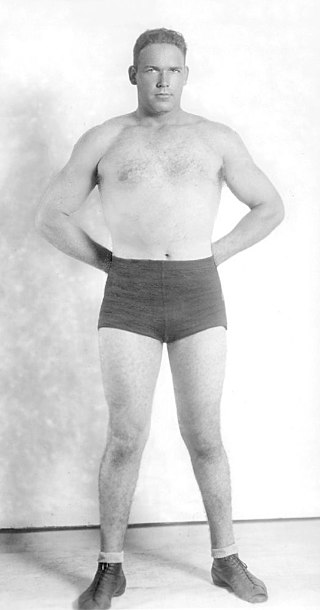
William "Wee Willie" Grundy Davis was an American film actor and professional wrestler. He was born in New York City and died in Louisville, Kentucky, aged 74.

Moonlight in Hawaii is a 1941 American musical comedy film directed by Charles Lamont and starring Jane Frazee, Johnny Downs and Leon Errol. It was produced and distributed by Universal Pictures. Future star Maria Montez has a small role, with her hair dyed blonde.

Mrs. O'Malley and Mr. Malone is a 1950 comedy/murder mystery film set on board a train. It stars Marjorie Main and James Whitmore. It is based on the short story "Once Upon a Train " by Stuart Palmer and Craig Rice.

Grace George was a prominent American stage actress, who had a long career on Broadway stage and also appeared in two films.

Kiss Tomorrow Goodbye is a 1950 film noir starring James Cagney, directed by Gordon Douglas, produced by William Cagney and based on the novel by Horace McCoy. The film was banned in Ohio as "a sordid, sadistic presentation of brutality and an extreme presentation of crime with explicit steps in commission."

Ma and Pa Kettle at Waikiki is a 1955 American comedy film directed by Lee Sholem. It is the seventh installment of Universal-International's Ma and Pa Kettle series starring Marjorie Main and Percy Kilbride in his final starring role.
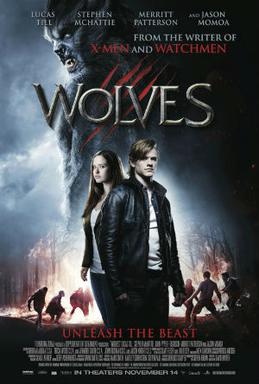
Wolves is a 2014 Canadian action horror werewolf film written and directed by David Hayter, and starring Lucas Till, Stephen McHattie, John Pyper-Ferguson, Merritt Patterson and Jason Momoa. The film received a negative critical response.

Panama Hattie is a 1942 American film based upon the Broadway musical of the same name. It was produced by Arthur Freed and directed by Norman Z. McLeod.




















